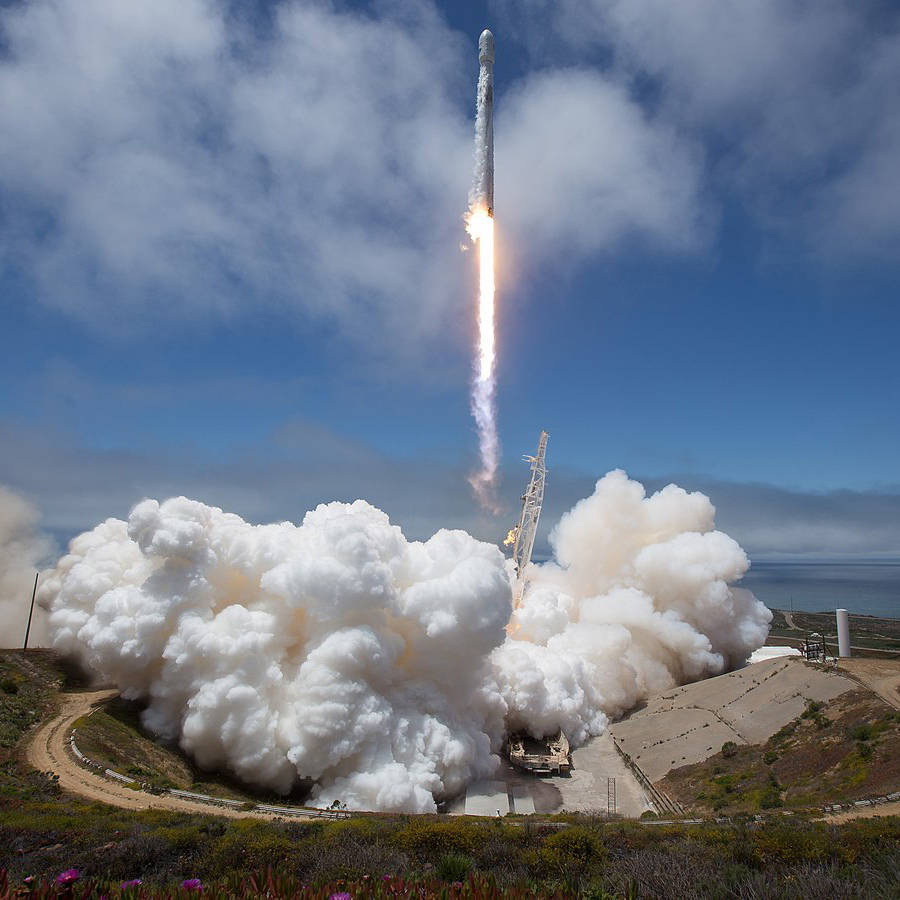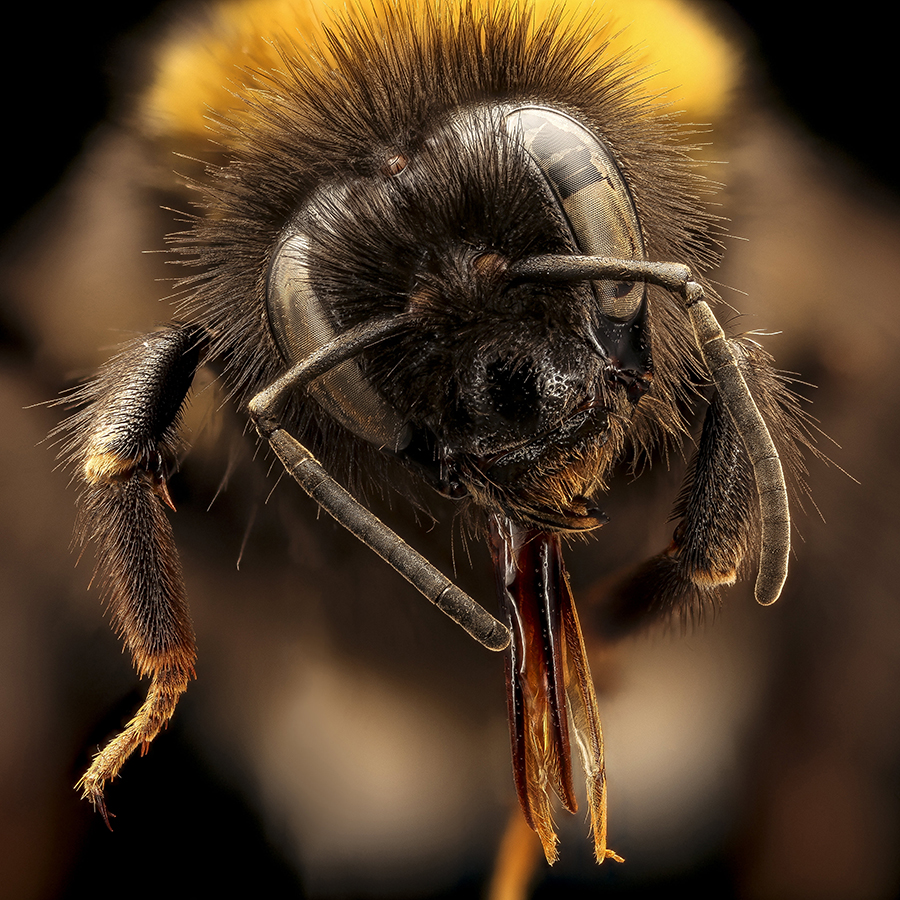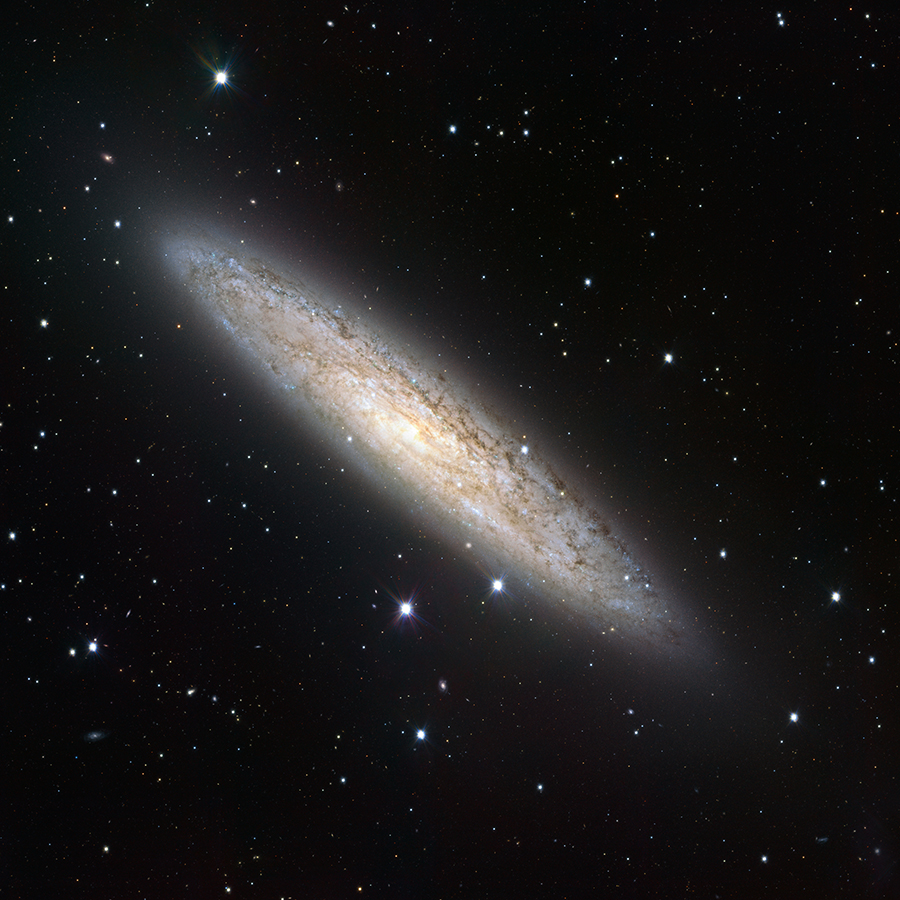A scientist is someone who systematically gathers and uses research and evidence, making a hypothesis and testing it, to gain and share understanding and knowledge[1].
In Australia, scientists are found in many places. In our Universities and national institutions, scientists teach and pursue both fundamental research for the advancement of all knowledge, as well as applied and strategic base research– investigating and contributing to a carefully defined problem.
Scientists can be found in industry and the private sector, where their work is often aligned with product-driven research and development. Students assist experts in their respective fields, using their training, creative thinking and initiative to help push science forward. While members of the general public often act as citizen scientists, where nature lovers serve as an essential source of biodiversity data, and an amateur astronomer can discover a new galaxy from a farmer’s fields.
Whatever their means, all scientists are connected by their relentless inquisitive nature!

In 2019 scientists at the Australian National University helped design new satellite instruments that are part of a joint NASA and German mission to study changes in water levels on earth and other aspects of climate change. Image credit: GRACE-FO Launch [NASA/Bill Ingalls]

The invasive bee Bombus terristris is present in high numbers in Tasmania. Thanks to citizen scientists’ platforms like iNaturalist and projects like the Wild Pollinator Count we know them to be unestablished on mainland Australia. Image credit: USGS Bee Inventory and Monitoring Lab

NGC 253, often referred to as The Silver Dollar Galaxy, first recorded by amateur astronomer Michael Sidonio outside of Canberra, Australia in 2013.
Image credit: A. Grado/L. Limatola/INAF-Capodimonte Observatory [CC BY]
